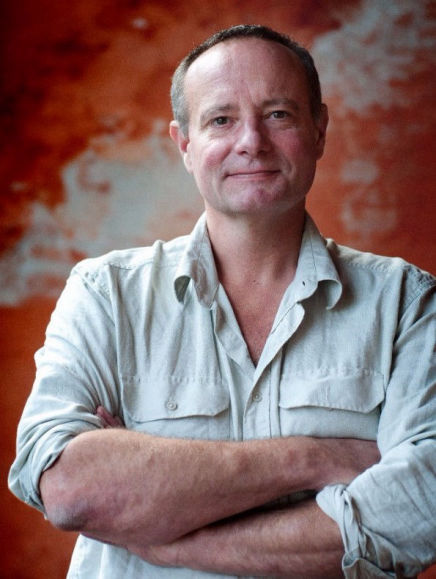At the point of writing, we have, in interaction with organizations of persons with disabilities and other actors, developed key and simple materials for inclusion. We also mapped a first group of persons with knowledge on inclusion and disabilities in the MSF movement to help us develop and fine-tune our materials and approach.
Our idea was that our operations are often already under pressure and we should be seen as a support and not as an extra burden. We decided to offer a simple framework of 6 key ideas for inclusion to make a difference. Keep it Simple and Stupid (Kiss principle) is our guidance.
We developed a short compact 5 minutes video for inclusion to raise awareness and provide these 6 simple keys. This video is already a very appropriate tool to provoke discussions in the associations like in the executive.
We ran a survey in April-May 2018 among our national and international staff to get an idea of how inclusive MSF is perceived to be today by its field workers. This survey showed that about 60% of our international staff and 80% of our national staff believe they should have done more when it comes to inclusion in their last assignment. The results of the survey were presented during our first webinar in English on 26th June 2018.
We have also developed a short training and will be continuing testing it in the coming months with the idea to have it easily accessible online for our missions.
From September 2018, our portal dedicated to the inclusion of people with disabilities will allow us to centralize all information on this subject.
We will also follow some pilot trainings and projects with specific missions and promote experience sharing. We will progressively translate our materials into French to respond to a rapidly increasing demand, and of course, we do not exclude other languages in the long-run.
Finally, inclusion of persons with disabilities is an invaluable source of inspiration for MSFs current reflection on inclusion & diversity.
What more to say, except a big THANKS to all who made this project possible and do not hesitate to contact us may you wish to feed the project :)
Patrice Vastel

SHARE THIS PAGE!